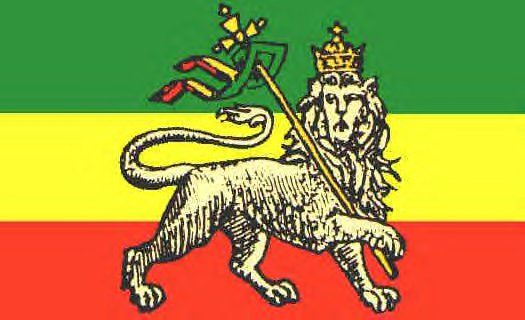Tuesday, November 27, 2007
Thursday, November 8, 2007
 Ethiopia uses the Julian calendar which is divided into 12 months of 30 days each and a 13th month of five or six days at the end of the year. The Ethiopian calendar is seven years and eight month behind than that of the Julian calendar. Enkutatash, the Ethiopian new year, occurs on September 11 in the Gregorian calendar, except during leap years.
Ethiopia uses the Julian calendar which is divided into 12 months of 30 days each and a 13th month of five or six days at the end of the year. The Ethiopian calendar is seven years and eight month behind than that of the Julian calendar. Enkutatash, the Ethiopian new year, occurs on September 11 in the Gregorian calendar, except during leap years.

 This is the map of Ethiopia. Ethiopia is Located in Eastern Africa. Ethiopia is one of the oldest countries in the world that has no history of colonization. Upon their independence, many African countries adopted the colors of the Ethiopian flag - green, yellow and red - that became known as the Pan-African colors. Ethiopia has long been known to the outside world and old literature as "Abyssinia."
This is the map of Ethiopia. Ethiopia is Located in Eastern Africa. Ethiopia is one of the oldest countries in the world that has no history of colonization. Upon their independence, many African countries adopted the colors of the Ethiopian flag - green, yellow and red - that became known as the Pan-African colors. Ethiopia has long been known to the outside world and old literature as "Abyssinia."

If you show the Ethiopian alphabet to an American you meet on the street the chance that it would be guessed right is one in a hundred.
Most of the people would not know that the Ethiopian child learns how to read and write the 400 or so phonetic Ge'ez characters along with the English alphabet in grade schools.
The ancient Ethiopians came up with a character for every possible sound. The Ethiopian alphabet is as simple as the Greek. They are different from the Arabic and Hebrew alphabets and those of the English and other related alphabets.
99 languages are spoken in the country. Amharic and English are the de facto languages of the state, with greater emphasis being placed on other languages in the official. The other major local languages are Guaragigna, Oromigna, Somali, and Tigrigna. Other languages of international significance that are widely spoken include Arabic, French, and Italian.
Wednesday, November 7, 2007
 This is Ethiopian culuteral cloth. Its called yabesha lebs.It means Ethiopian cloth. We usually wear it for Holydaies. Its 100% hand made.
This is Ethiopian culuteral cloth. Its called yabesha lebs.It means Ethiopian cloth. We usually wear it for Holydaies. Its 100% hand made. This is called injera bewet.It is ethiopian cultural food.Most of the foods are spaice.The injera looks like bred but its mad out of tefe,all prepes selfrising and more.
This is called injera bewet.It is ethiopian cultural food.Most of the foods are spaice.The injera looks like bred but its mad out of tefe,all prepes selfrising and more. This is Ethiopian cultural coffee Ceremony. They make the coffee when a visiter comes to their house, Holidaies. And also when they stay home they call all their neighbers and drink together. The things are called Jebena, cini,buna. We also put on our cultural clothes.
This is Ethiopian cultural coffee Ceremony. They make the coffee when a visiter comes to their house, Holidaies. And also when they stay home they call all their neighbers and drink together. The things are called Jebena, cini,buna. We also put on our cultural clothes.
Subscribe to:
Posts (Atom)